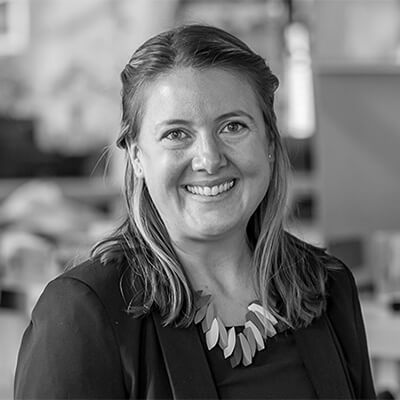
Columbia University has recently commenced construction of the Data Science Institute. Located in the Seeley W. Mudd building on its Morningside Heights campus, the project will create an interdisciplinary research and education environment for faculty and students tackling the challenges and opportunities associated with Big Data science.
The Institute will bring together faculty and students from different departments and research disciplines to study challenges associated with large data processing and analysis that cross boundaries between disciplines. With this in mind, we designed the project to create an environment that encourages collaborative problem-solving and interaction between research groups. Taking cues from software development companies and technology startups, we developed an architectural approach that diffuses the boundaries between research groups and brings like-minded people together in shared spaces. While the design continues to accommodate individual assigned work areas, we organized these around shared common spaces that facilitate group work at large tables and soft seating clusters.


The architectural expression of the Institute is simple and clean, focusing on transparency and large open areas. Because the facilities in Mudd were originally configured as cellular and opaque, the School has struggled to share the important and exciting work that goes on behind closed doors. PAYETTE’s design works to set a course for the building that will change this and emphasize the importance of visual connection to work spaces and publically display the work. For the Institute, we included a series of signature media walls which will array monitors in prominent areas providing the researchers a medium with which to display and celebrate their work.
The project will also include a reinvention of existing Carleton Lounge at the 400 level of Mudd. The new expanded Commons will be served by a renovated café and will include a variety of different types of work/study spaces supporting students from the entire School of Engineering and Applied Sciences. The transformed Carleton Lounge will have much greater prominence and visual connection to the building’s main entrance and will help to create a true “front door” for the entire Fu Foundation School of Engineering and Applied Sciences.
Related:
SEAS Data Science Institute
Engineering Research and the Leatherman Multi-Tool
The Collaboration River



